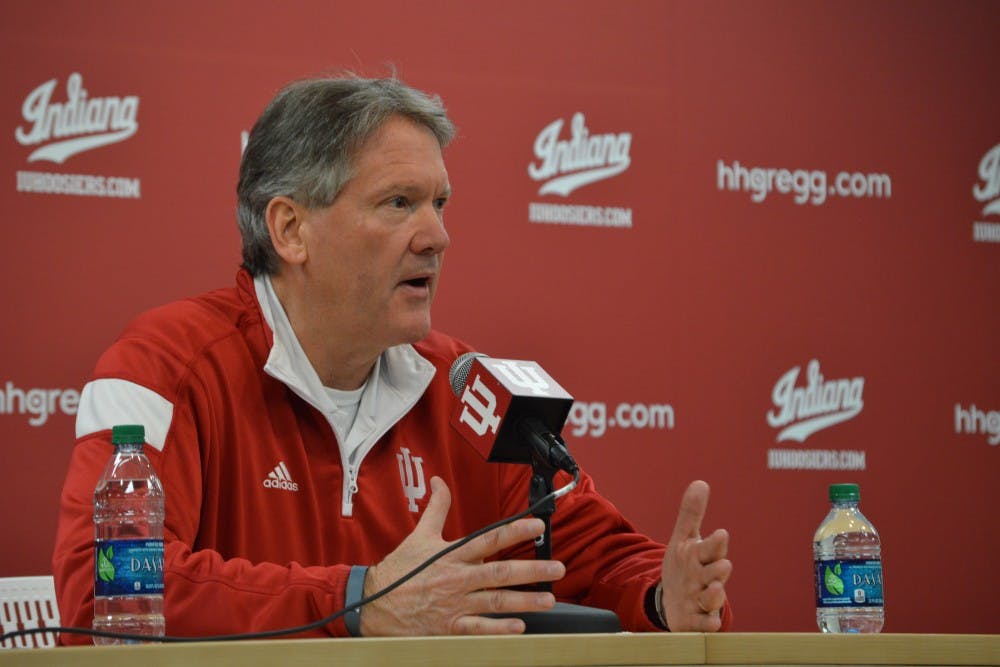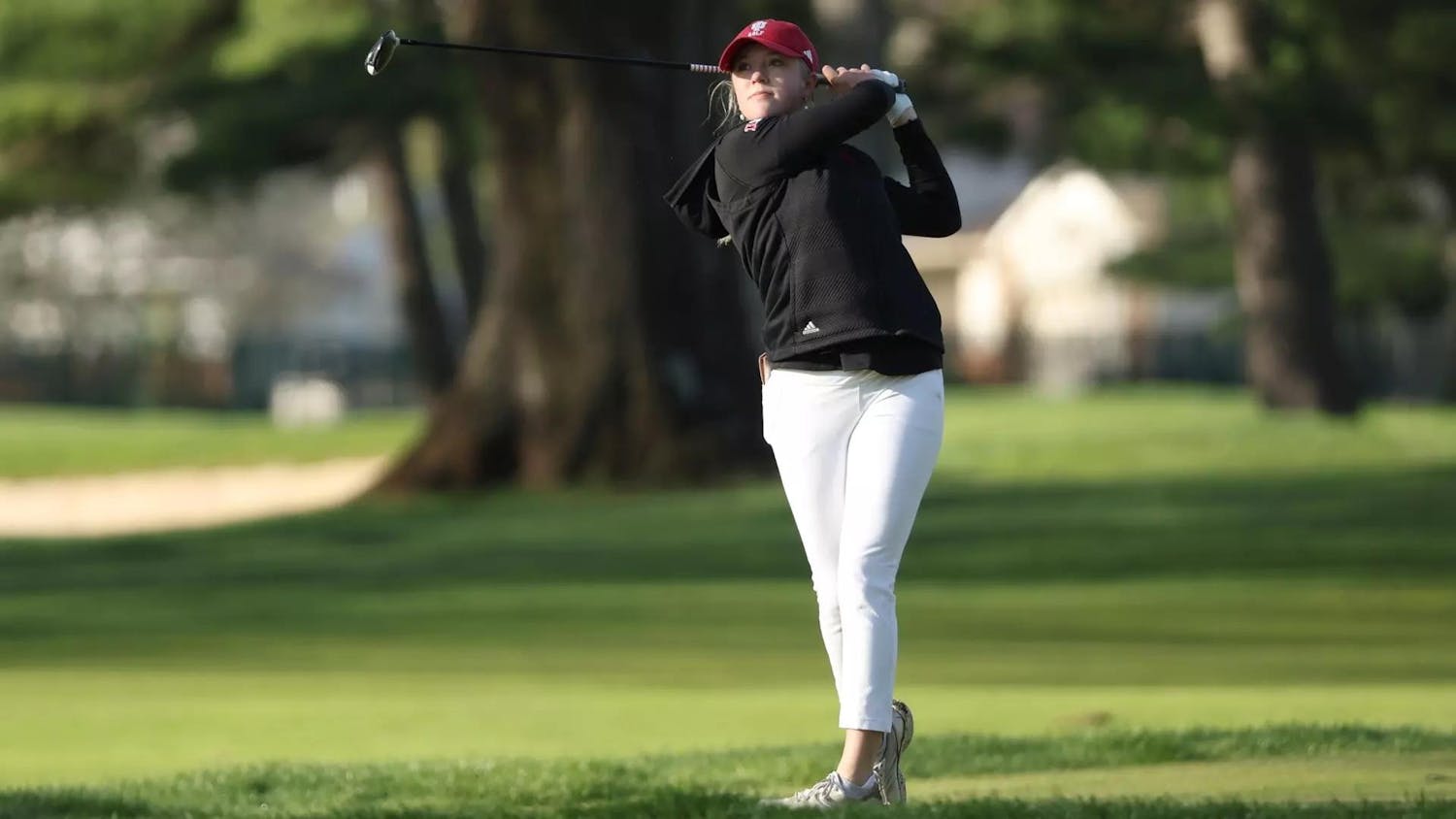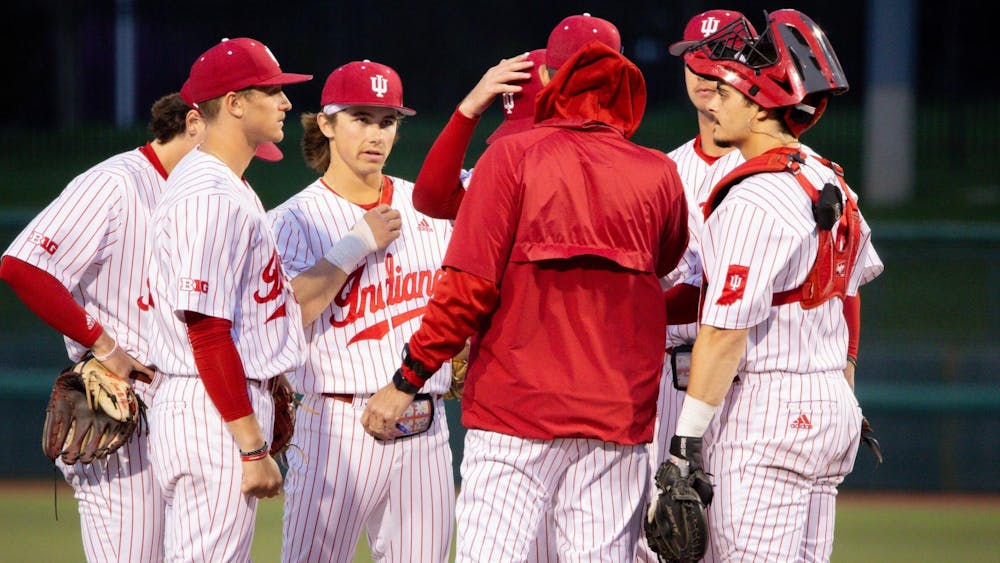With the approval of a policy preventing prospective student-athletes with a sexual violence record from being eligible, IU Athletics is following a trend among collegiate athletic programs.
The policy was approved April 12 by the IU Faculty Athletics Committee. It bars any prospective student-athlete found responsible for sexual violence while at a previous college or high school from receiving financial aid or competing at IU.
Incoming freshmen, transfer students or athletes of a different status are all included under the policy.
Many Indiana high schools, like Evansville North, have their athletes sign a code of conduct holding them accountable for their actions on and off the field. Evansville North Athletic Director Andrew Huff said the code of conduct is a way to ensure students represent the school in the right way, and IU has done the same with its policy.
“I think it’s something that every university has issues with and needs to be addressed,” Huff said. “It’s not just about how well you can play on the basketball court or on the football field.”
This issue of sexual violence in collegiate athletics has come to the forefront recently. A pending lawsuit against Baylor University alleges 31 football players committed acts of sexual violence from 2011 to 2014.
In September 2016 former IU football player Kiante Enis was dismissed from the team after his arrest on two counts of child molestation.
Based on the current climate, New Castle High School Athletic Director Shane Osting said he wouldn’t be surprised to see other universities or high schools adopt similar policies.
“It sets a standard for the athletic programs as far as the type of students they want to have as recruits,” Osting said. “It sets the University to a higher standard for those athletes.”
In May 2015, the Southeastern Conference singled out transfer athletes by passing a rule banning its schools from accepting transfers dismissed from their previous program due to “serious misconduct.” “Serious misconduct” was defined as “sexual assault, domestic violence or other forms of sexual violence” by the conference.
For comparison, the Big Ten has no conference-wide rule about what student-athletes its schools can accept, which leaves the decisions to the schools themselves.
Valparaiso High School Athletic Director Herb Hofer said it’s common to see differences in policies at both the high school and collegiate levels.
“If you want to go to IU, you have to play by their rules,” Hofer said. “Athletes are held to a higher standard because athletics are a privilege and not a right.”
Valparaiso High School is another school that has its athletes agree to a student-athlete code of conduct.
Hofer said the code of conduct can change on a yearly basis, and both coaches and a student advisory board are consulted as to what changes need to be made.
“We’re trying to work with our athletes to make teachable moments become learning moments,” Hofer said. “We talk with them all the time that their behavior has ramifications down the road.”
The idea for the policy came from IU Athletic Director Fred Glass, who also introduced a Student-Athlete Bill of Rights in 2014 that details the commitment IU makes to its student-athletes. Glass could not be reached for comment by press time.
“He’s preventing things from happening on his campus,” Huff said. “It’s like he’s being an innovator and being ahead of what’s going on.”






